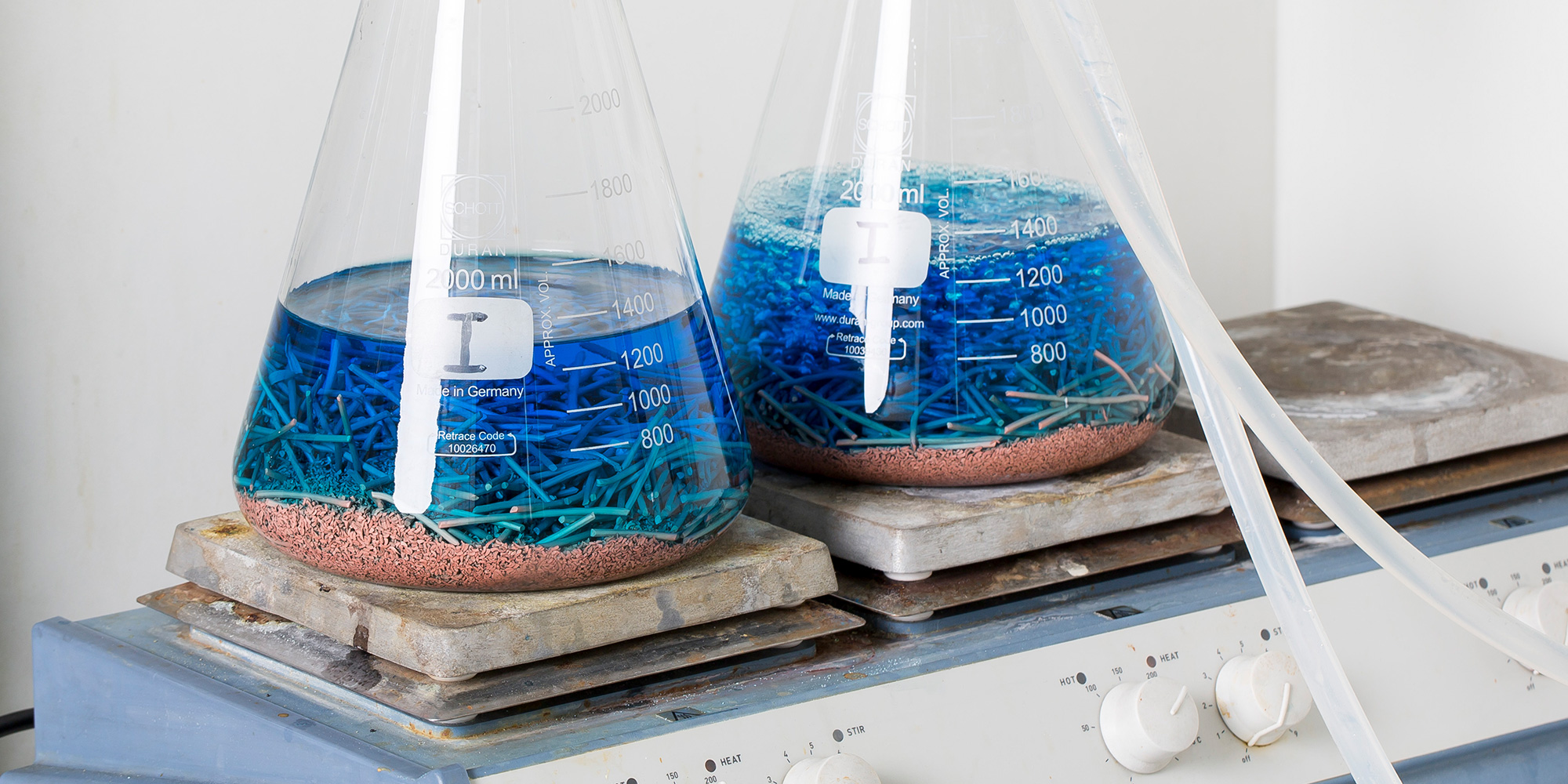NF EN ISO 17475 Stress Corrosion Crack Growth Rate Testing
The NF EN ISO 17475 standard provides a robust framework for evaluating materials' susceptibility to stress corrosion cracking (SCC). This testing method is crucial in the oil and gas sector where pipelines, storage tanks, and equipment are exposed to corrosive environments. SCC occurs when a material undergoes cracking under combined mechanical tension and specific corrosive conditions, leading to potential failure.
Understanding SCC is vital for ensuring that materials used in critical applications within the oil and gas industry can withstand harsh environmental factors without compromising safety or performance. The test helps in selecting appropriate materials for new projects and assessing the integrity of existing assets. By adhering to NF EN ISO 17475, manufacturers, engineers, and quality assurance teams ensure compliance with international standards while minimizing risk.
The testing process involves subjecting a specimen under tensile stress in an environment that promotes corrosion. The specimen is typically a coupon cut from the material of interest. The test measures how quickly cracks grow over time under these conditions. This information helps predict the lifespan and reliability of components, enabling proactive maintenance strategies.
Proper specimen preparation is critical for accurate results. Specimens should be cleaned thoroughly before testing to ensure no contamination affects the outcome. The choice of environment also plays a key role; it must closely replicate real-world operational conditions as much as possible. This includes selecting appropriate chemicals and maintaining specific temperature, humidity levels, and exposure times.
Once tested, the results are analyzed using microstructural examination techniques such as scanning electron microscopy (SEM) or optical microscopy to confirm crack initiation and growth patterns. These visual assessments provide insights into material properties that influence SCC susceptibility. Reporting typically includes detailed descriptions of test procedures followed, observed phenomena, and any recommendations for improvement.
Accurate testing according to NF EN ISO 17475 ensures reliable data which can be used by stakeholders to make informed decisions about materials selection and process optimization. It contributes significantly towards enhancing safety standards across the oil and gas sector.
Why It Matters
The importance of stress corrosion crack growth rate testing cannot be overstated, especially within industries like oil & gas where equipment operates under extreme conditions. The potential for SCC can lead to catastrophic failures resulting in significant financial losses, environmental hazards, and safety risks.
- Preventive Maintenance: Identifying susceptible materials early allows for targeted preventive maintenance programs reducing unexpected downtime.
- Risk Management: Ensures that materials meet stringent requirements preventing costly replacements due to premature failure.
- Safety Compliance: Meeting international standards demonstrates a commitment to safety and regulatory compliance enhancing reputation among clients and stakeholders.
In essence, this testing method is not just about detecting flaws but also about fostering a culture of continuous improvement aimed at safeguarding both personnel and infrastructure in high-risk environments.
Applied Standards
The NF EN ISO 17475 standard specifies the procedure for determining the stress corrosion crack growth rate (SCGR) of metallic materials. It is applicable to various types of metals including austenitic stainless steels, duplex stainless steels, and nickel-based alloys commonly used in oil & gas applications.
The test involves subjecting a sample under tensile stress while maintaining it in a corrosive environment for an extended period. Crack growth rates are measured over defined cycles or time intervals. The standard provides guidelines on specimen preparation, environmental control parameters, and evaluation methods ensuring consistent results across different laboratories.
It is worth noting that while NF EN ISO 17475 focuses primarily on metallic materials, similar principles can be applied to non-metallic substrates where appropriate modifications are made according to specific standards. Compliance with these internationally recognized guidelines ensures consistency in testing methodologies globally.
Why Choose This Test
- Accuracy: NF EN ISO 17475 provides precise methods for assessing SCC susceptibility, offering reliable data that can be trusted for decision-making processes.
- International Recognition: Adherence to this standard ensures compatibility with global standards recognized by regulatory bodies worldwide.
- Comprehensive Analysis: It covers all aspects of stress corrosion testing from specimen preparation through environmental conditioning and final analysis providing comprehensive insights into material performance under given conditions.
- Standardized Procedure: The standardized procedure ensures uniformity in test execution minimizing variations due to laboratory differences, thereby enhancing comparability between studies conducted by different entities.
- Cost-Effective: By identifying potential issues early through this testing process, companies avoid costly repairs or replacements later down the line saving money over time.
- Safety Assurance: Ensures that only suitable materials are used in critical applications reducing risks associated with material failures.
Selecting NF EN ISO 17475 Stress Corrosion Crack Growth Rate Testing not only meets regulatory requirements but also sets industry benchmarks for quality and reliability enhancing overall operational efficiency within the oil & gas sector.





